Exact Answer: 1 Week For Mild TBI and Complete Abstinence for Moderate to Severe TBI
Alcohol is one of the most frequently consumed beverages in social gatherings and activities. When it comes to alcohol consumption, it is said that moderation is the key to a healthy lifestyle, however, that might not be the case for people who have suffered from a traumatic brain injury(TBI).
TBI and alcohol have really close ties with each other and go way back. According to statistical findings, about two-thirds of all people with TBI have indulged in alcohol abuse or risky drinking in the past. In fact, around half the people have incurred the trauma while they were high on alcohol.
Furthermore, excessive drinking can result in poor rehabilitation outcomes and a significantly increased chance of experiencing another head trauma in the future.
As a result, many patients permanently abstain from drinking, but a majority of them resume their alcohol consumption, which can go up to, or more than pre-injury levels in a matter of 1 to 2 years post-injury.
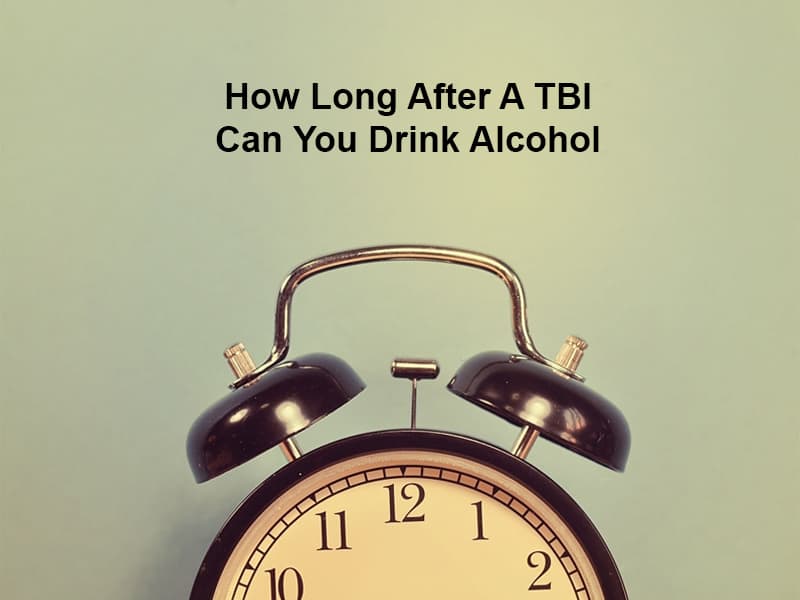
How Long After a TBI Can You Drink Alcohol?
Traumatic brain injury can range from mild, moderate, all the way to severe cases, depending on the basis of level of consciousness or Glasgow coma scale(GCS) score after resuscitation(panel).
Mild injuries(GCS 13-15) are cases of concussion wherein, patients can expect a complete neurological recovery, although, many can experience difficulties in concentration and memory retention for a short time. Alcohol sensitisation can occur as a result of mild TBI. In such cases, even a little amount of alcohol can escalate the effects of the injury. Moreover, it can make you feel dizzy, making you susceptible to another fall injury. Therefore, it would be sensible to avoid drinking for at least a week after the trauma, while attentively observing how alcohol affects you, and reducing consumption until full recovery.
Moderate cases of brain trauma(GCS 9-13) can leave the patient stuporous, and slow to react. On the other hand, patients with severe brain injuries(GCS 3-8) can go into a coma wherein, they are unable to open their eyes or follow commands. In addition, such injuries can result in motor function impairment like loss of coordination and balance, sensory impairments like loss of hearing and vision, and medical complications like spasticity and post-traumatic epilepsy. In these situations, patients are advised to part from their habit of drinking and develop a healthier, alcohol-free lifestyle.
In summary:

| Severity of TBI | Period of Alcohol Abstinence |
| Mild Case | At least one week of abstinence |
| Moderate to severe cases | Complete abstinence |
Why Should You Abstain from Drinking Alcohol After a TBI?
TBI can leave your brain more sensitive to alcohol. Even a drink or two can put you at risk of negative health outcomes. Many are witty enough to stop drinking or tone it down a notch or two after experiencing a TBI.
Alcohol abuse brings down the brain’s recovery speed. Thus, abstaining from drinking is a much-needed reprieve that a TBI patient can give to his brain, giving it a chance to heal and fix the damage.
TBI patients are in danger of developing epileptic seizures. Drinking can trigger such seizures, risking the survivors another brain injury. A TBI incident can also elevate the chances of suffering from another brain trauma. Alcohol, which takes a severe toll on balance and coordination, can make such probabilities come true.
Drinking exacerbates cognitive problems like lack of versatility in thinking and poor memory, which are both caused by TBI. Such cognitive impairments brought about by alcohol can last for days to several weeks post-consumption. Staying away from that peg of drink can keep your cognition razor sharp.
Depression is something that TBI survivors experience within a year of the accident. To add salt to the injury, alcohol can only deteriorate the symptoms of such episodes of depression, making antidepressants less effective. Saying no to that urge to drink might actually keep you happier than you think.
Lastly, it is imperative to be aware that drinking is ill-advised with certain prescription medications, such as those for pain and anxiety. Alcohol may lead to drug overdose, which may prove to be fatal for the TBI survivor.

Conclusion
From the table provided above, it can be inferred that completely giving up on alcohol can lead to a healthier lifestyle, while avoiding life-threatening risks that drinking carries with it, especially for TBI patients.
References
1. https://www.sciencedirect.com/science/article/abs/pii/S0140673600026891
2. https://www.sciencedirect.com/science/article/abs/pii/S0149763415302359
3. https://onlinelibrary.wiley.com/doi/abs/10.5694/j.1326-5377.2003.tb05199.x
4. https://www.liebertpub.com/doi/abs/10.1089/neu.2015.4071

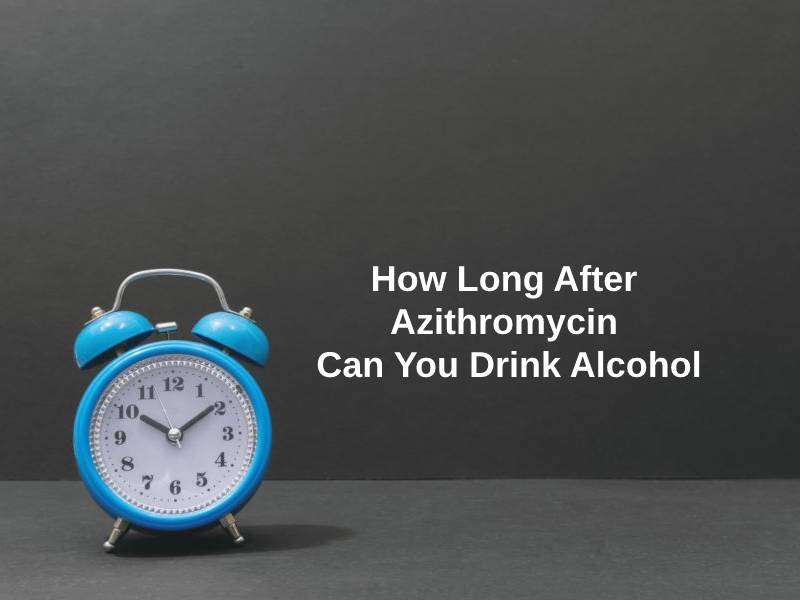
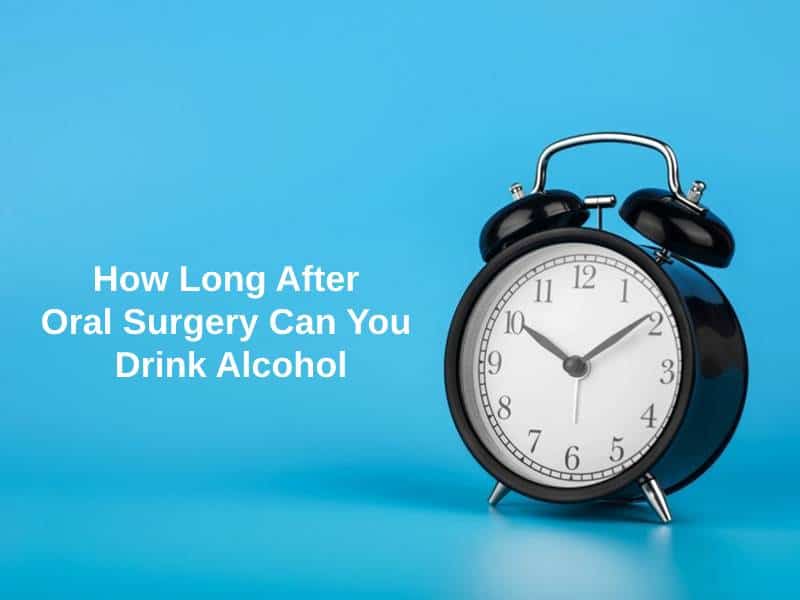
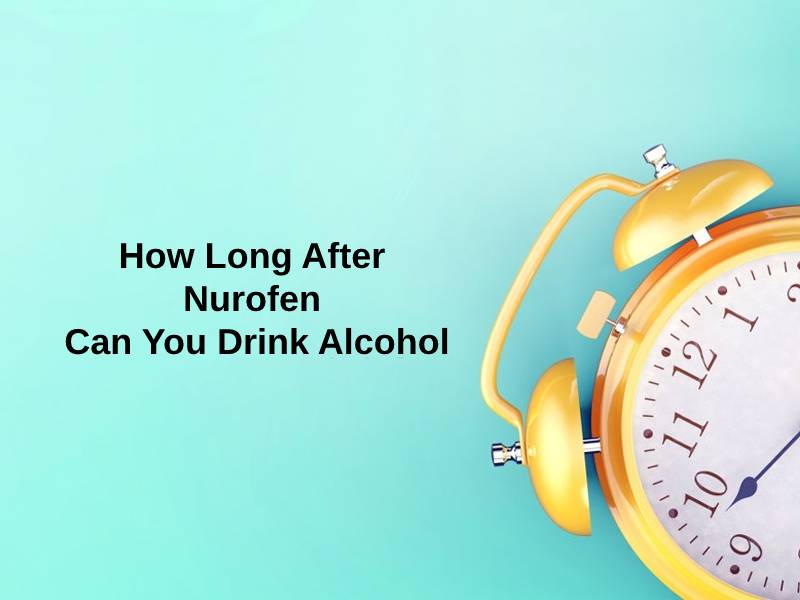
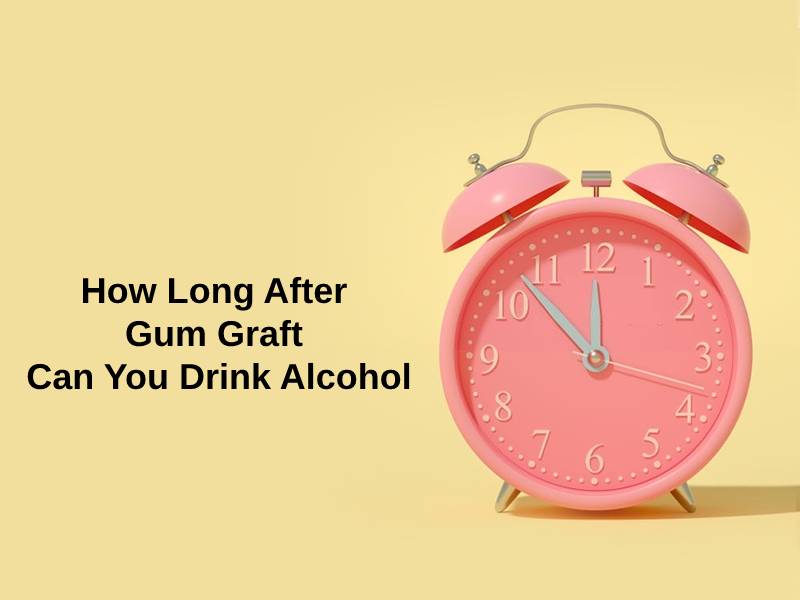
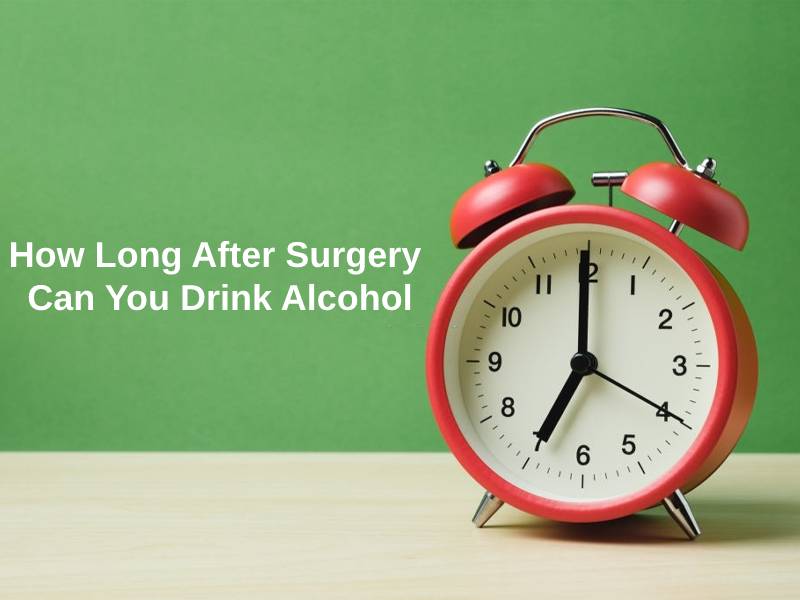
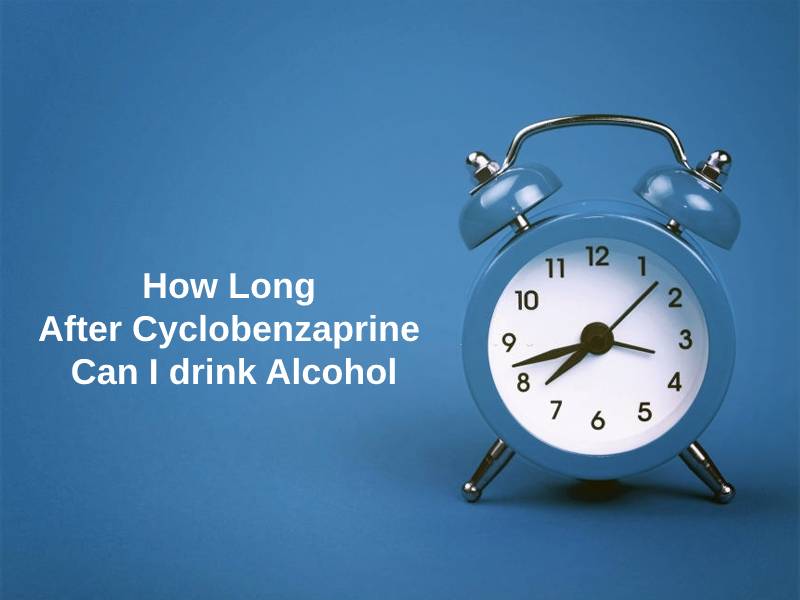
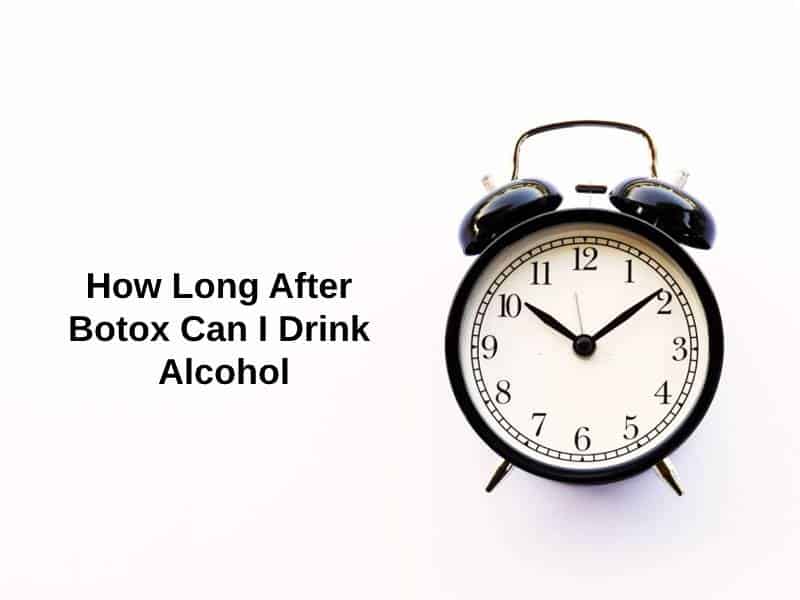
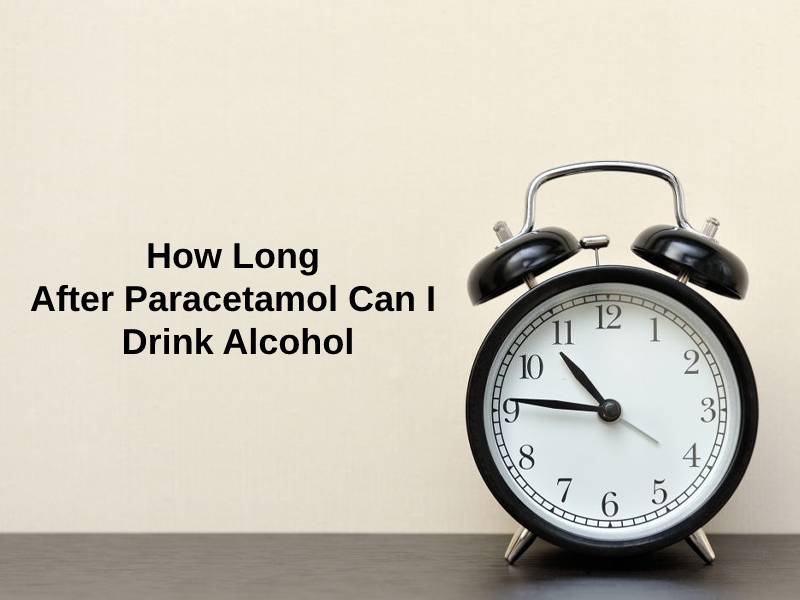
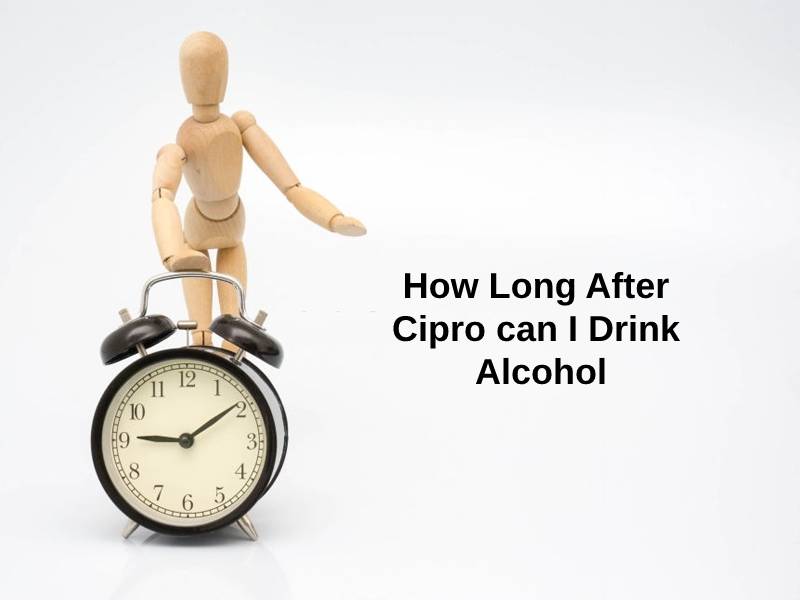
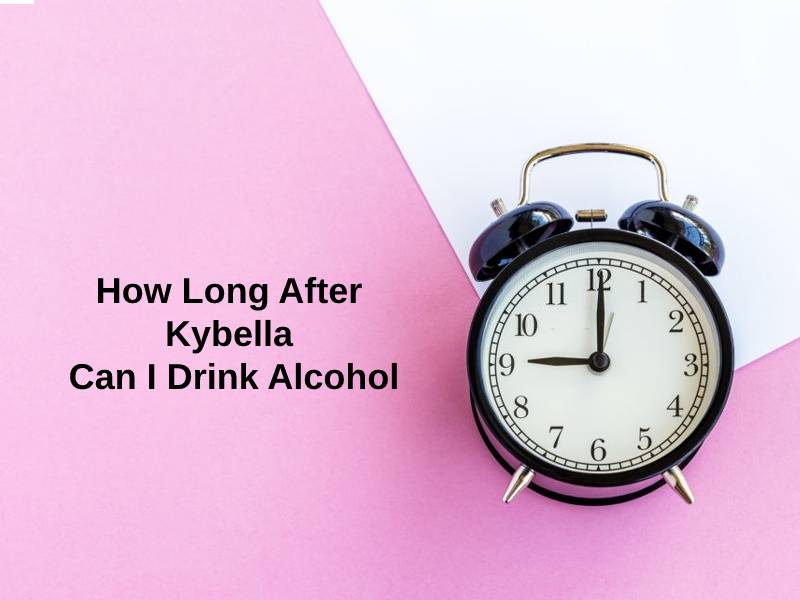
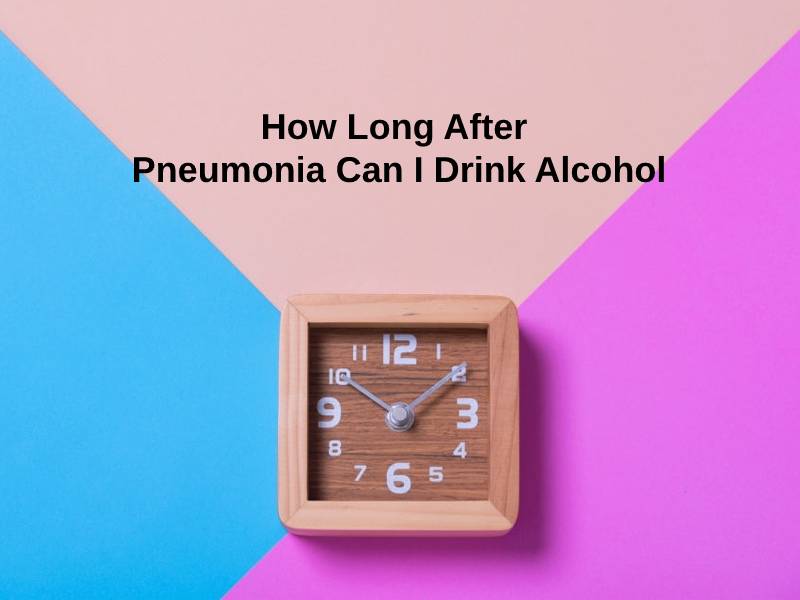
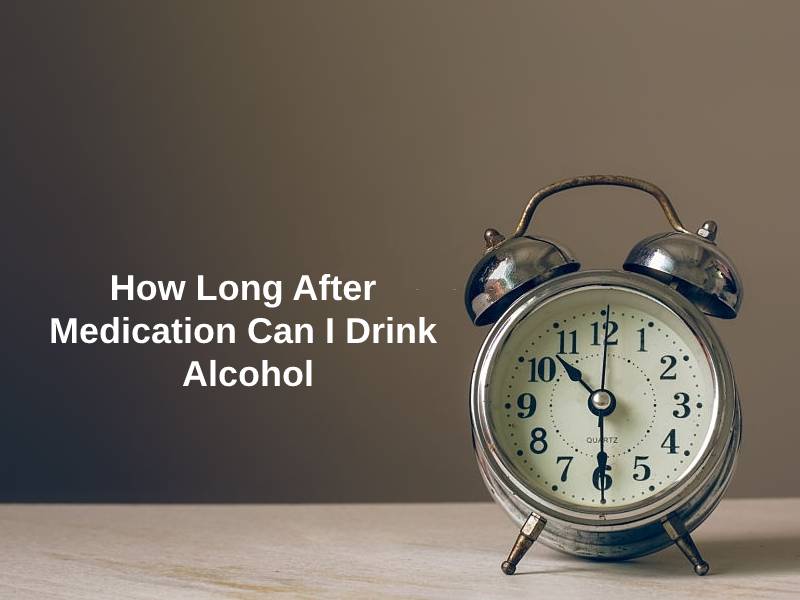
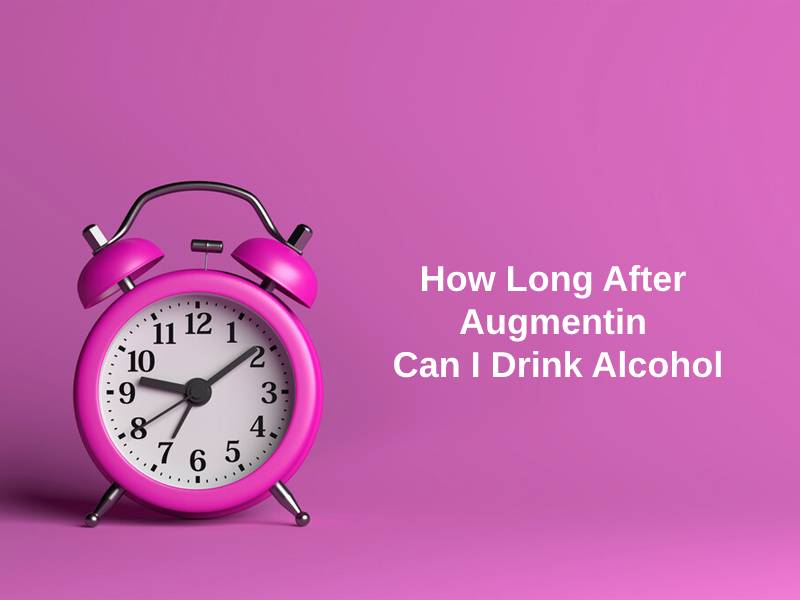
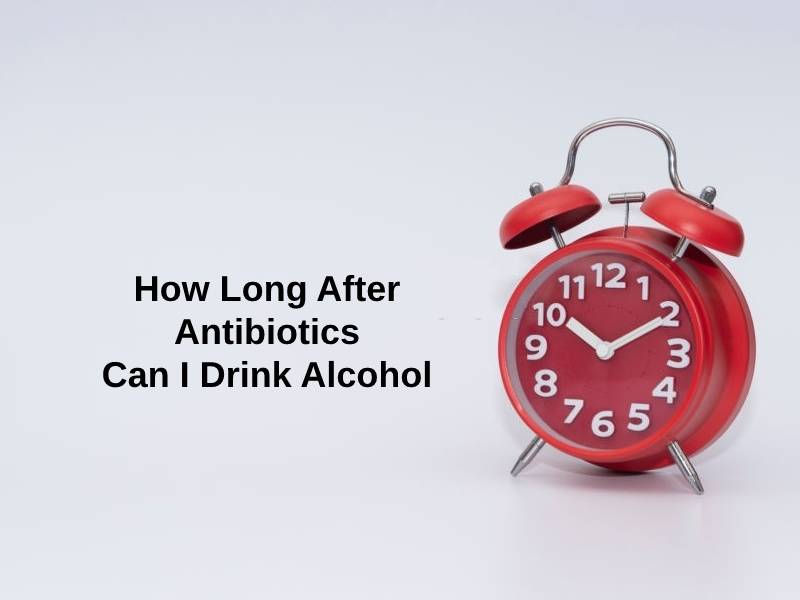
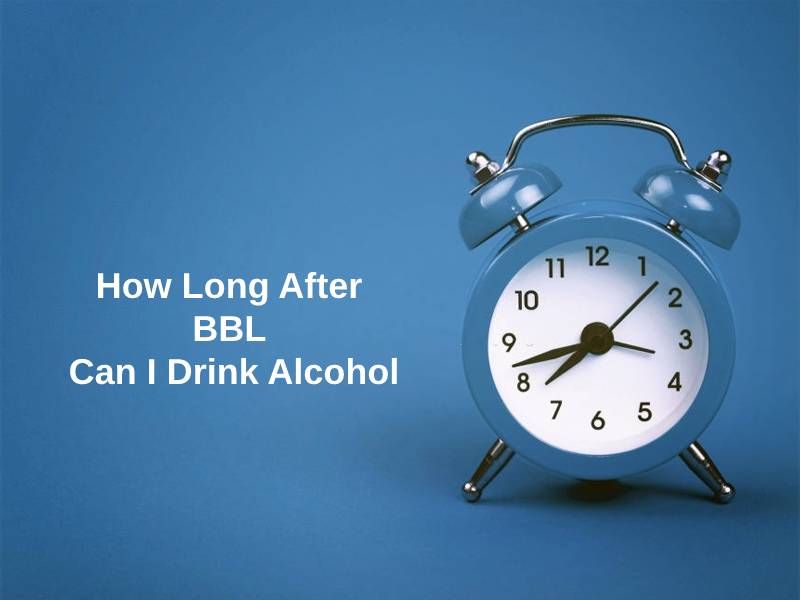
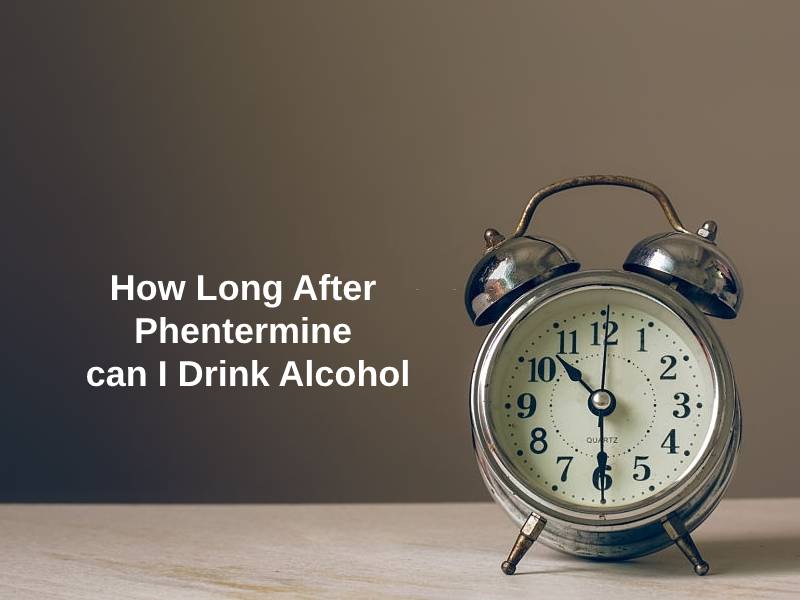
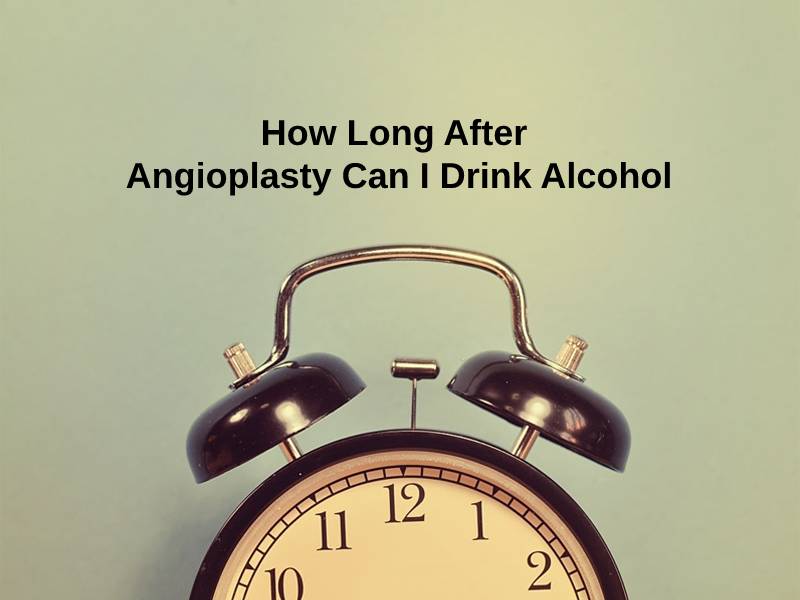
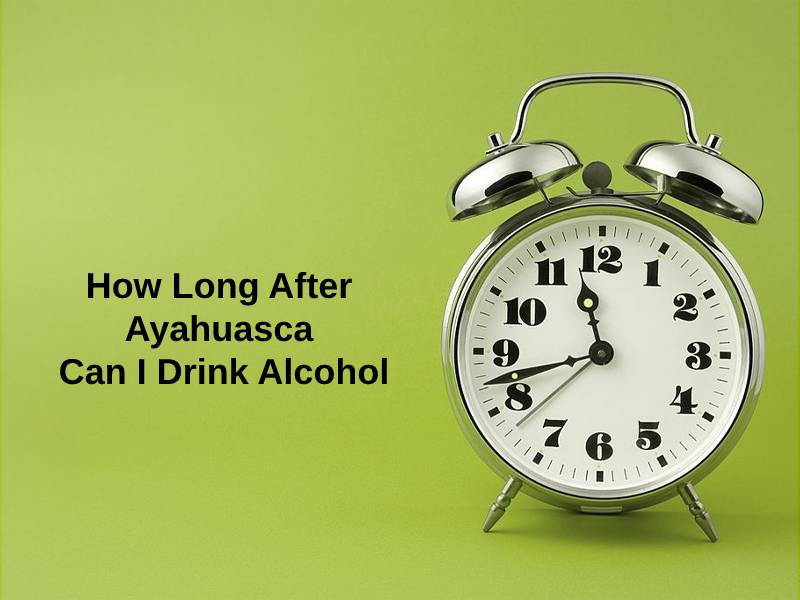
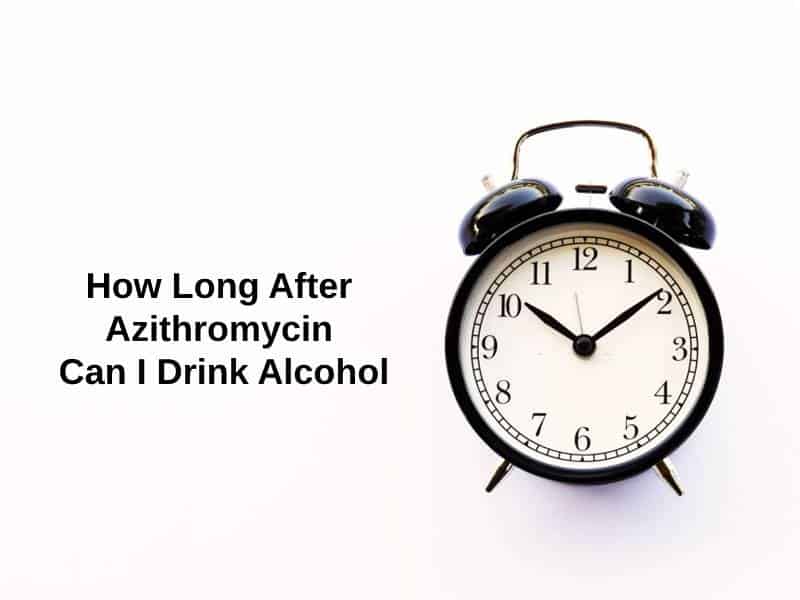
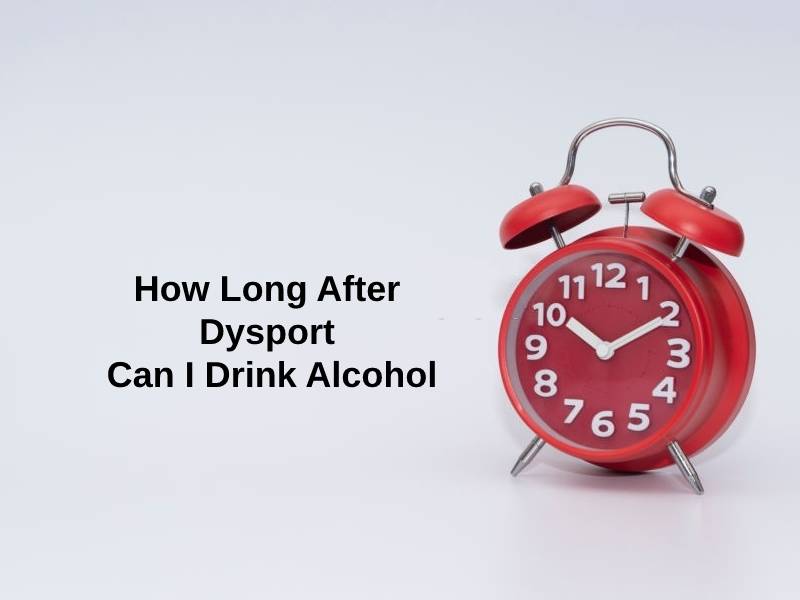
This is truly enlightening. The advice on moderation for mild TBI and complete abstinence for moderate to severe cases is crucial.
As someone with a medical background, I appreciate the scientific references included in the conclusion.
The information you have provided is really helpful for people with traumatic brain injuries.
The detailed explanation supports the recommendation of abstinence from alcohol for TBI patients, which is crucial for their well-being.
The informative nature of this article is commendable, underscoring the necessity of leading an alcohol-free lifestyle after TBI.
While the seriousness of the topic is undeniable, the clarity with which it has been presented makes it an invaluable resource.
This article effectively underscores the adverse effects of alcohol on TBI recovery and emphasizes the importance of abstinence.
The evidence-based approach to explaining the correlation between TBI and alcohol consumption is commendable.
Thank you for making this important information accessible to TBI patients and their caretakers.
The content is thorough and well-structured. It provides essential guidance for individuals dealing with TBI.